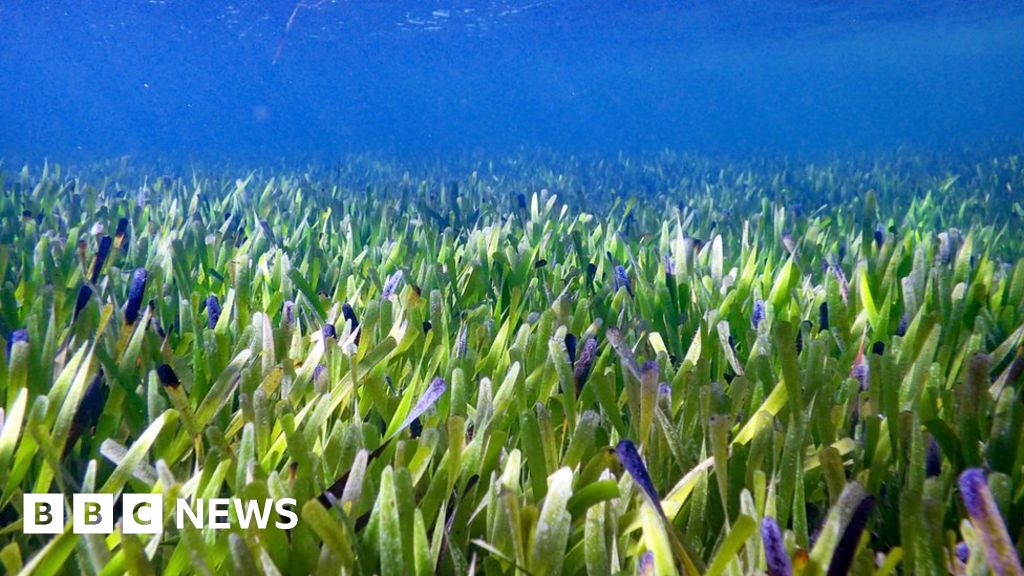
Shark Bay
| Use attributes for filter ! | |
| Area | 22009 |
|---|---|
| Locations | Gascoyne |
| Western Australia | |
| Australia | |
| Criteria | Natural: vii, viii, ix, x |
| UNESCO World Heritage Site inscription | 1991 |
| UNESCO Site Id | 578 |
| Date of Reg. | |
| Date of Upd. | |
| ID | 2341114 |
About Shark Bay
Shark Bay is a World Heritage Site in the Gascoyne region of Western Australia. The 23,000-square-kilometre area is located approximately 800 kilometres north of Perth, on the westernmost point of the Australian continent.
World's biggest plant discovered off Australian coast
The largest known plant on Earth - a seagrass roughly Three Times the size of Manhattan - has been discovered off the coast of Australia.
Using genetic testing, scientists have determined a large underwater meadow in Western Australia is in fact one plant.
It is believed to have spread from a single seed over at least 4,500 years.
The seagrass covers about 200 sq km (77 sq miles), researchers from the University of Western Australia said.
The Team stumbled upon The Discovery By Accident at Shark Bay , about 800km north of Perth.
They had set out to understand the genetic diversity of the Species - also known as ribbon Weed - which is commonly found along parts of Australia's coast.
Researchers collected shoots from across The Bay and examined 18,000 genetic markers to create a " fingerprint" from each sample.
They had aimed to discover how many plants made up The Meadow .
" The Answer blew us Away - There was just one! " said Jane Edgeloe, the study's lead author.
" That's it, just one plant has expanded over 180km in Shark Bay , Making It the largest known plant on Earth . "
The Plant is also remarkable for its hardiness, having grown in locations across The Bay with wildly variable conditions.
" It appears to be really resilient, experiencing a wide range of temperatures and salinities plus extreme high light conditions, which together would typically be highly stressful for most plants, " said Dr Elizabeth Sinclair, one of the researchers.
The Species generally grows like a lawn at a rate of up to 35cm a year. This is how researchers estimated it has taken 4,500 years to sprawl to its current size.
The research has been published in the journal Proceedings of the Royal Society B.
You may also be interested in:Source of news: bbc.com





